The Future Of Off-Road: Exploring The Potential Of A 2025 Toyota 4Runner Hybrid
The Future of Off-Road: Exploring the Potential of a 2025 Toyota 4Runner Hybrid
Related Articles: The Future of Off-Road: Exploring the Potential of a 2025 Toyota 4Runner Hybrid
Introduction
In this auspicious occasion, we are delighted to delve into the intriguing topic related to The Future of Off-Road: Exploring the Potential of a 2025 Toyota 4Runner Hybrid. Let’s weave interesting information and offer fresh perspectives to the readers.
Table of Content
The Future of Off-Road: Exploring the Potential of a 2025 Toyota 4Runner Hybrid
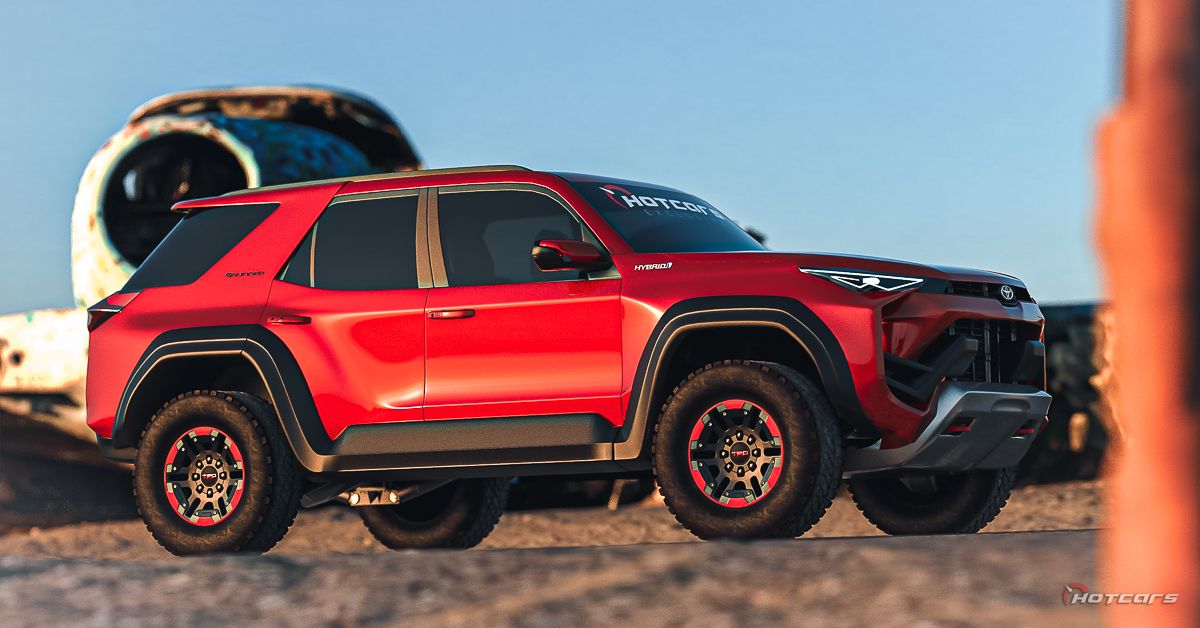
The Toyota 4Runner, a stalwart of the off-roading world, has long been celebrated for its rugged capabilities and enduring reliability. However, in an era increasingly focused on fuel efficiency and environmental responsibility, the 4Runner’s fuel consumption has become a point of discussion. Speculation surrounding a potential hybrid version of the 4Runner, expected to arrive in 2025, has ignited considerable interest. While official specifications remain under wraps, exploring the potential fuel economy gains of such a vehicle offers valuable insight into the future of off-roading.
Understanding the Hybrid Advantage
Hybrid technology, by seamlessly integrating a gasoline engine with an electric motor, has proven its ability to deliver significant fuel efficiency improvements. This is achieved through:
- Regenerative Braking: The electric motor acts as a generator during braking, capturing kinetic energy and storing it in a battery, reducing energy loss and improving fuel economy.
- Electric-Only Operation: At low speeds and during acceleration, the electric motor can power the vehicle independently, eliminating the need for the gasoline engine and achieving zero emissions.
- Engine Optimization: Hybrid systems often feature smaller, more efficient gasoline engines, further contributing to fuel savings.
Projecting the 2025 4Runner Hybrid MPG
While precise figures remain elusive, considering the fuel economy achieved by other Toyota hybrid SUVs provides a basis for projection. For instance, the current Toyota Highlander Hybrid boasts an impressive EPA-estimated fuel economy of 36 mpg combined. Given the 4Runner’s larger size and potential for off-road use, a slightly lower figure, perhaps in the range of 30-35 mpg combined, seems plausible.
Benefits of a Hybrid 4Runner
Beyond the obvious fuel economy advantage, a hybrid 4Runner offers several compelling benefits:
- Reduced Environmental Impact: Lower fuel consumption translates to reduced greenhouse gas emissions, aligning with growing environmental concerns.
- Enhanced Performance: The electric motor’s instant torque provides a noticeable boost in acceleration, particularly when navigating challenging off-road terrain.
- Increased Durability: Hybrid systems generally require less maintenance than traditional gasoline engines, contributing to the 4Runner’s renowned longevity.
- Enhanced Value: The potential for fuel savings and reduced maintenance costs can increase the long-term value of a hybrid 4Runner.
Addressing Common Concerns
The prospect of a hybrid 4Runner raises several questions:
1. Will the Hybrid System Compromise Off-Road Capability?
While some might fear a compromise in off-road performance, the hybrid system’s electric motor can actually enhance it. The instant torque provided by the electric motor can be invaluable when tackling challenging terrain. Additionally, hybrid systems often feature a higher ground clearance, further bolstering off-road capability.
2. Will the Hybrid System Be Too Complex and Expensive to Maintain?
Toyota has a well-established track record in hybrid technology, and their systems are known for their reliability. While the initial cost of a hybrid 4Runner might be slightly higher, the long-term savings in fuel and maintenance can offset the difference.
3. Will the Hybrid System Be Suitable for Towing?
The 4Runner’s towing capacity is a key selling point. While a hybrid system might slightly reduce towing capacity, it’s unlikely to be a significant compromise. Toyota will likely optimize the hybrid system to maintain the 4Runner’s towing capabilities.
Tips for Maximizing Fuel Efficiency
- Drive Smoothly: Avoid aggressive acceleration and braking, as these actions consume more fuel.
- Use Eco Mode: Many hybrid vehicles feature an "Eco" mode that optimizes engine settings for maximum fuel efficiency.
- Maintain Proper Tire Pressure: Underinflated tires increase rolling resistance and reduce fuel economy.
- Minimize Cargo Weight: Excess weight in the vehicle reduces fuel efficiency.
Conclusion
The introduction of a hybrid 4Runner in 2025 signifies a significant shift in the off-roading landscape. By embracing hybrid technology, Toyota aims to deliver a vehicle that balances its legendary off-road capabilities with improved fuel efficiency and environmental responsibility. While specific details remain under wraps, the potential for a hybrid 4Runner to achieve a fuel economy in the 30-35 mpg range offers a compelling glimpse into the future of off-roading. By addressing concerns regarding off-road capability and maintenance, and by utilizing fuel-saving driving techniques, owners can maximize the benefits of this innovative vehicle. The 2025 4Runner hybrid promises to be a game-changer, ushering in a new era of environmentally conscious off-road adventures.
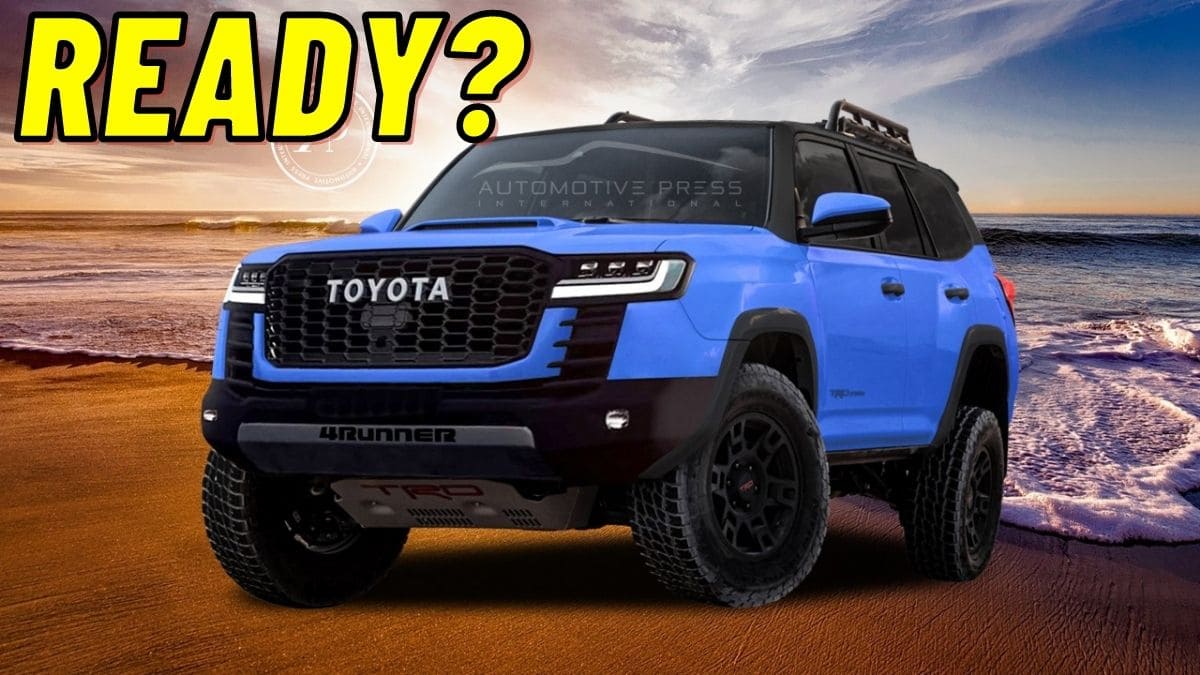
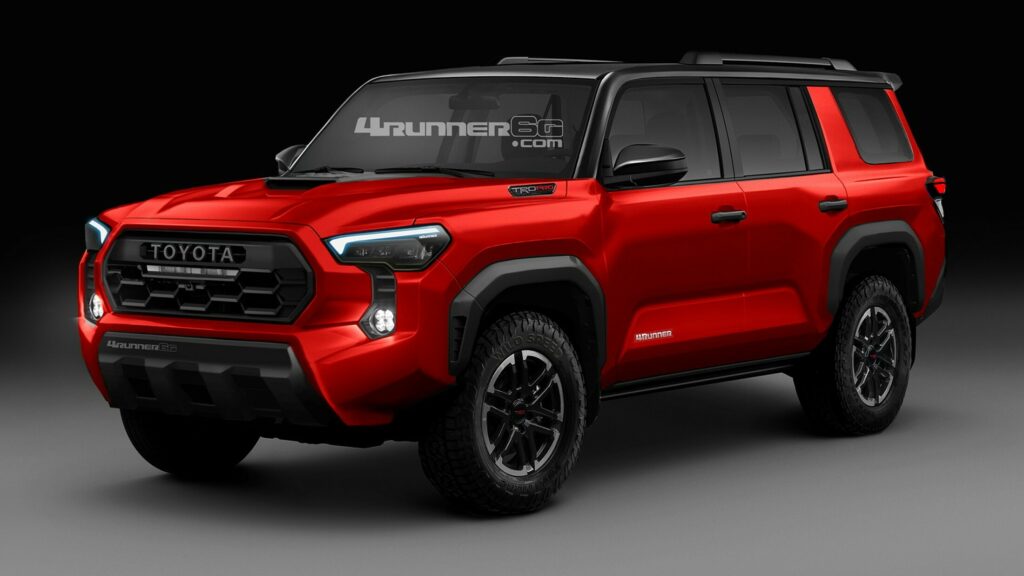


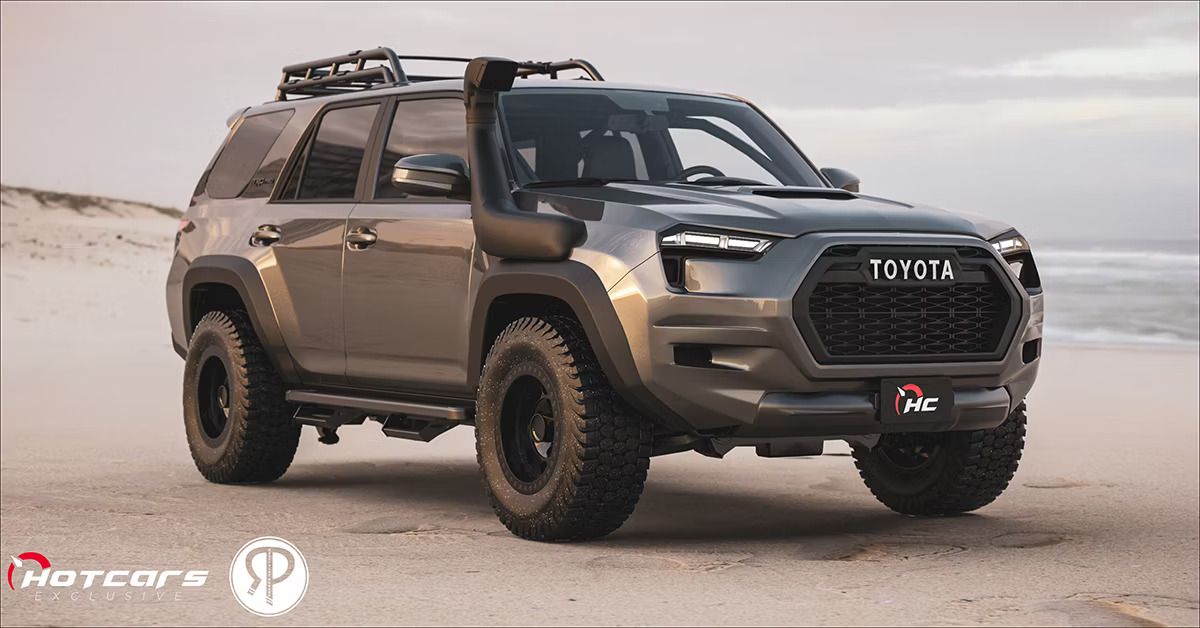

![]()
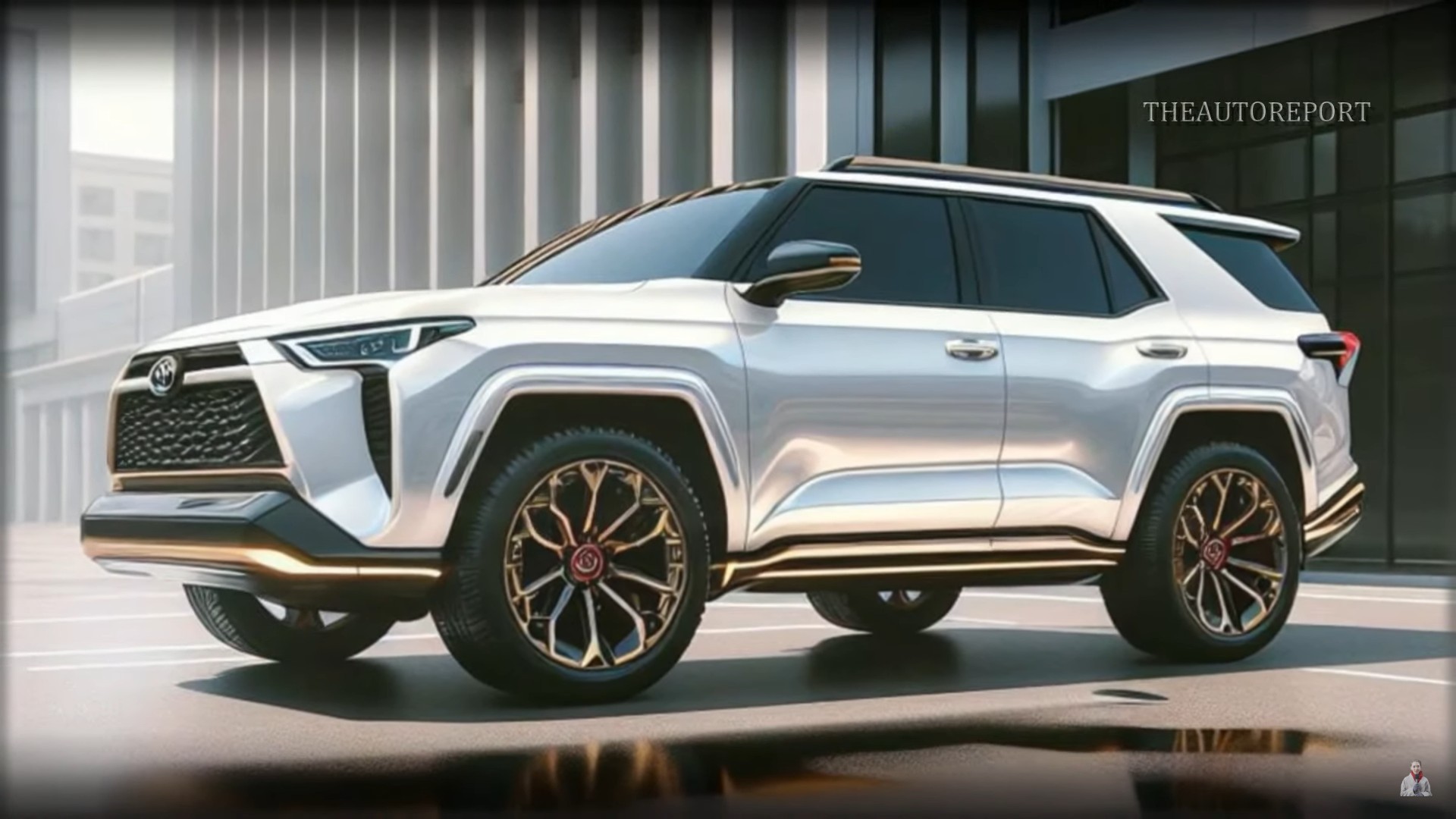
Closure
Thus, we hope this article has provided valuable insights into The Future of Off-Road: Exploring the Potential of a 2025 Toyota 4Runner Hybrid. We hope you find this article informative and beneficial. See you in our next article!